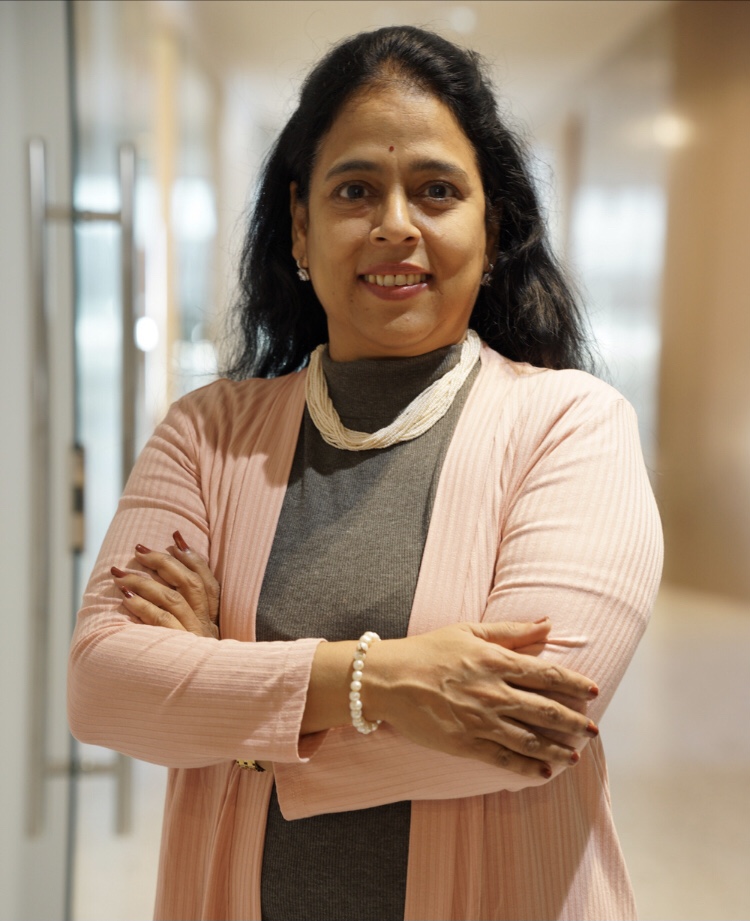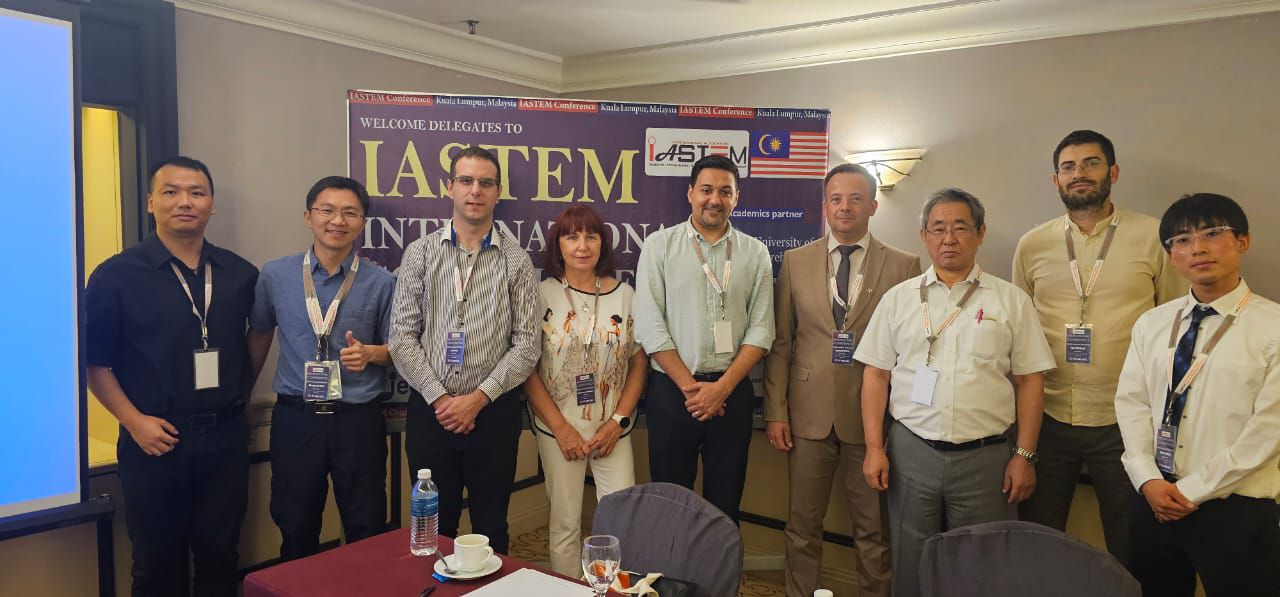HEADING GOES HERE
Dr. Mythili Kolluru

Dr. Mythili Kolluru
Assistant Professor, Marketing and Management Dept., College of Banking and Financial Studies Muscat, Sultanate of Oman Award-winning women Academic Educator and Scholar and Certified Strategic Planning Professional
SPEAKER INTERVIEW:
1. Tell us about yourself! What motivated you to choose this profession?I am Dr. Mythili Kolluru, is an assistant professor by profession, an artist by passion, and a wife and mother 24/7. I have worked and lived in UAE, India, and the USA, and I presently work in Oman, in the Middle East. Entering into academics was not my first choice. I wanted to work in the corporate world and did work also for a couple of years. My son changed my perspective after moving back to India from the USA. Being a parent and homemaker has always been my top priority. I was an athletic champion and held leadership roles at Indian High School, Dubai. I have immense kinetic energy and have always wanted to write and lead. As life turned its meandering pathways, I had to make tough choices. Happily, with my son as the radius of my life, I drew my work life and entered the world of academics, not knowing that it is one of the most demanding professions. Teaching is a fantastic profession with the power to influence and empower individuals. Every class is, for me, an opportunity to inspire my learners to aspire.
2. What is your teaching philosophy and teaching Style?
My teaching philosophy is rooted in agile instruction, sparking a deep passion for learning in every student, transcending mere textbook knowledge to embrace experiential learning.
3. How do you define ideal teaching methods?
I feel the question is inappropriate as there is no ideal teaching method. There are many ways of teaching, but there is no perfect teaching method; it's more about the professor's competency to visualize which teaching method will suit their learners. For instance, I have taught MBA, BBA cohorts, CA students, diploma students, and executive education. I have also taught a highly diverse set of cohorts ranging from heterogenous to homogenous groups. For each of my cohorts, I bring about subtle changes in the teaching methods aligned with the module, cohort, and context.
4. How do you approach challenges?
I have always dared to face a challenge head-on. My ability to analyze situations and make sound judgments is strong because of the various conditions and experiences I have had on a global stage. Both personally and professionally, I have had the opportunity to face many challenges. The way I look at a challenge is that it is a difficult situation I have encountered. No challenge is more significant than life; as humans, it becomes more prominent in our minds, and hence we face anxiety. I have always believed that if we can break the challenge in terms of context, time, and perception, it becomes comprehensible, and we begin to overcome it in our minds. And then the mind starts to search for solutions to that challenge.
5. How do you handle feedback?
As a very active writer and researcher, I have trained my heart to ignore comments and negative feedback and only accept constructive, unbiased feedback. Initially, it was tough for me as a researcher who worked very hard to write, and then I had to get a lot of rejection from reviewers and journals. With years of practice, I have mastered gauging the difference between a biased comment and constructive feedback. Lately, I have had the privilege of writing for a leading national newspaper, Oman Observer. I have received comments from people who are not qualified to read the depth of articles that I write. I have learned that comments are often only a weak move to satisfy the insecurity and inferiority of the commentator. So, the most critical aspect of handling feedback is differentiating between constructive and biased comments. Once you can do that, you’re writing and perspectives will improve immensely.
6. What are your educational values?
Academic integrity, respect, inclusion
7. How do you measure success?
This is a tricky question I will try to answer. For me, success is the ability to influence. I would consider myself a highly successful professional if my circle of influence is large and broad. For instance, one day after my class, a student walked up to me and said, “ I am a better team leader now; I have learned about leadership and teamwork.” To me, this is a success.
8. Share your ideas about professional development.
Life-long learning, Learning is not restricted to a degree, but learning from the university of life is professional development.
9. In your opinion, how should a faculty member's workload be managed?
Academics is one of the most demanding professions. An academician always takes work home, as it is the nature of the job. Yet, no one should forget that every job is only a part of life. Ruthless time management is the key to teaching, marking, advising, research, administrative responsibilities, supervision, and skill enhancement.
10. Has any new technology been learned in recent times?
If yes, what is it, and how would you advocate for using technology in the teaching and learning process? Effective use of Microsoft Teams for online learning and AI tools for teaching and research.
11. What are your career goals?
I want to make a mark in strategic management, international business, and organizational studies through my research, writing, and teaching. As I mentioned, my vision is to have a large circle of influence, and I don’t crave titles.
12. What do you think are your greatest strengths as a professor? In which areas do you feel you can use some further development?
I can hold and inspire audiences whenever I speak. However, I feel I need to improve my understanding of how to utilize technology for learning and development effectively.
13. What is your experience with our organization?
IASTEM is a professional organization. I have had a great experience with its team members, especially Ashreeta. Their conferences and webinars are well organized and have a global reach. I look forward to working with them on upcoming opportunities.


